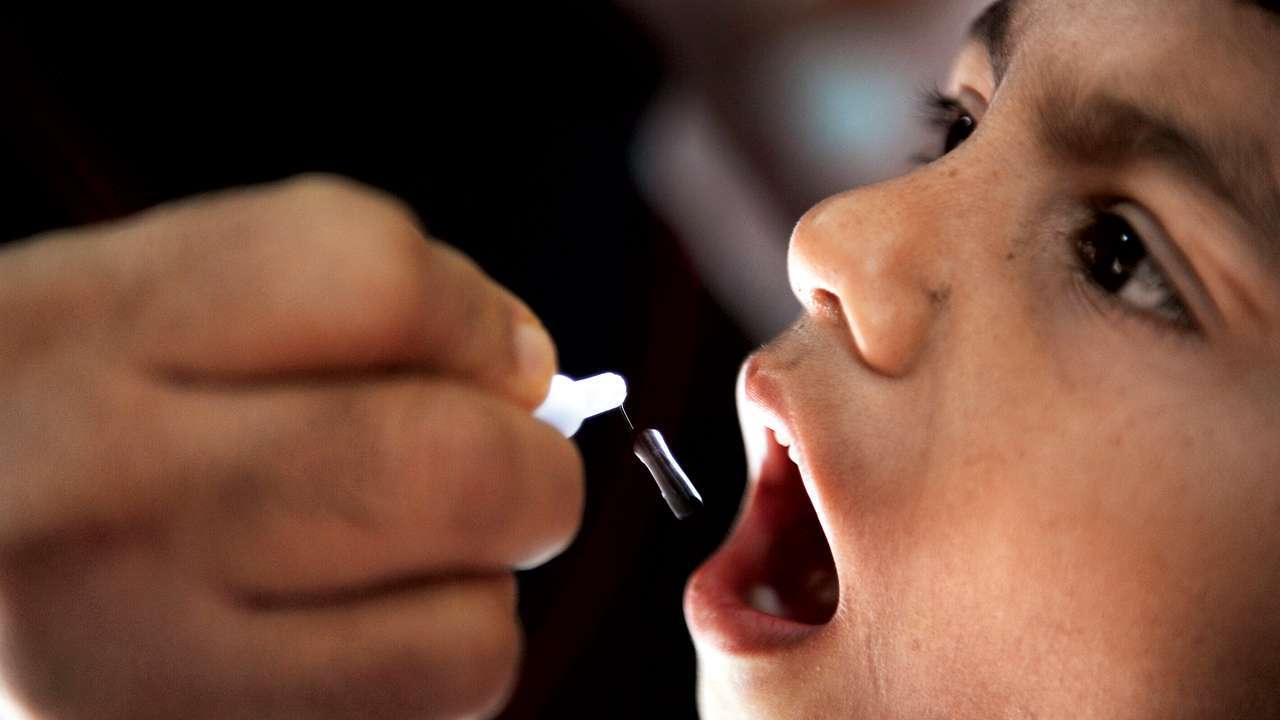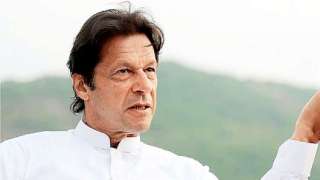Contaminated polio vaccine given to children in Maha, Telangana, UP; WHO plays down risks

Image for representational purpose
Some vials of the oral polio vaccines contaminated with the type-2 polio virus were administered to children in Maharashtra and Telengana, besides Uttar Pradesh, Health Ministry officials confirmed.The vials were manufactured by a Ghaziabad-based pharmaceutical company.
The ministry has issued advisories to the three states to ensure that polio surveillance teams trace the children who have been given the contaminated vaccines. The surveillance teams have also been asked to step up the monitoring of the children and keep a close watch for any symptoms. It needs to be seen how the virus behaves, a Health Ministry official said. The government had set up a committee to probe the contamination of some batches of the vaccine. The Type 2 polio virus has been eradicated worldwide.
"There is a well defined surveillance mechanism in the country to identify any symptoms of polio in the affected places and the government is in a position to address any eventuality. "There is no need to panic. The polio surveillance team in the three states have been asked to step up the monitoring of all those children who have been given the vaccine and keep a close watch for any symptoms," the official said. The Health Ministry, under its national immunisation programme, will also ensure that inactivated polio virus (IPV) injections are being administered to every children in the places concerned of the three states so that no child is missed, the official said. IPV is produced from wild-type poliovirus strains of each serotype that have been inactivated (killed) with formalin. Till now, only one batch containing 50, 000 vials were found contaminated with the strains of the type-2 polio virus till now, a senior health ministry official said.
Two more batches of vials containing 1 lakh vials are suspected to be contaminated with the virus, the official said. The incident came to light after surveillance reports from Uttar Pradesh showed signs of the virus in stool samples of some children. The ministry has also ordered immediate withdrawal of the particular manufacturer's vaccine.
The managing director of Biomed Pvt Ltd, which was supplying the polio vaccines for only government-run immunisation programmes, was arrested Thursday after the Central Drug Regulator filed an FIR in this case. The Drugs Controller General of India has also asked the company to stop "manufacture, sale or distribution till further orders." "The company has five directors. While the managing director has been arrested, we have asked the police to trace the rest directors as they also need to be questioned," a government official said. Immediately, the oral polio vaccines were sent for testing, which confirmed that some of them were contaminated with the virus. The destruction of traces of type-2 polio virus was ordered by the central drug regulator to all manufacturers in 2016.India was officially declared "polio free" by the government in March 2014.
No major risk, says WHO:
The World Health Organisation (WHO) said on Monday that there was minimal risk of children contracting the polio virus in India from a tainted batch of vaccines. The public health scare, which potentially affected thousands of children, put a renewed spotlight on lax pharmaceutical quality control procedures in India. The latest concerns emerged over the weekend after vaccines produced by privately-held Bio-Med Pvt Ltd and distributed as part of a free government drive to eradicate polio were found to have a strain of the virus that had been eradicated around the world and phased out of vaccines. However Shamila Sharma, a spokeswoman for the WHO told Reuters that any risk to children was "minimal" due to the high routine polio immunization coverage in India. The WHO funds and supports India's polio-control programme.
India, often dubbed the pharmacy of the world, is home to thousands of factories churning out drugs and vaccines for sale globally, but local regulation is lax. In recent years, U.S. and European regulators have slammed many Indian drug factories for faulty manufacturing practices, often issuing warnings or bans."We don't have good quality control mechanisms," said Oommen Kurian, a health researcher at New Delhi-based Observer Research Foundation, adding the country also doesn't have the capacity to implement regulation.Bio-Med and India's top drugs regulator, the Central Drug Standard Control Organisation, did not respond to requests for comment on Monday.Some batches of typhoid vaccines produced by Bio-Med were also found to be "not-of standard quality" by the CDSCO earlier this year, according to a public notice by the agency dated March 14, 2018.
With PTI and Reuters inputs





























